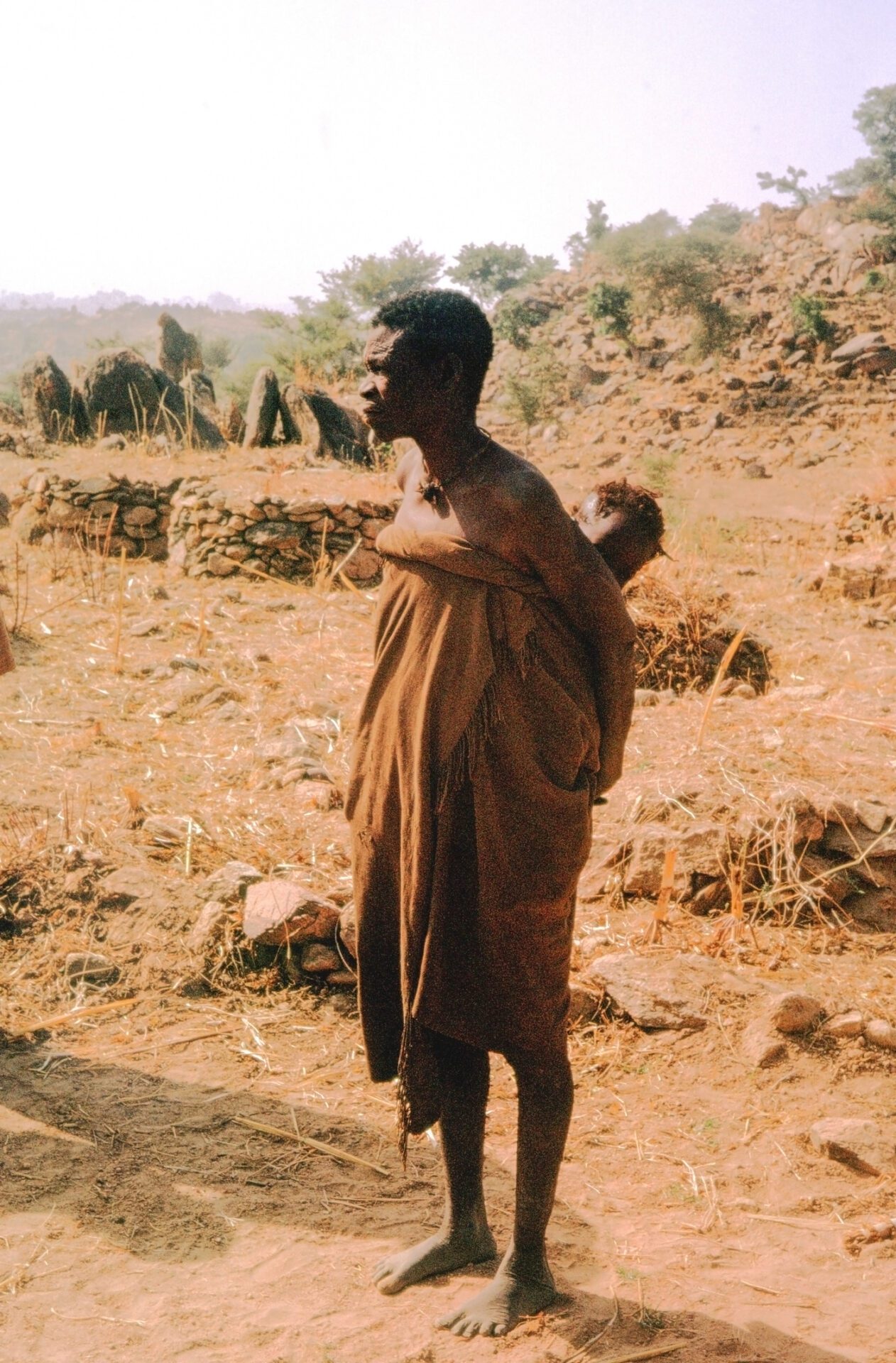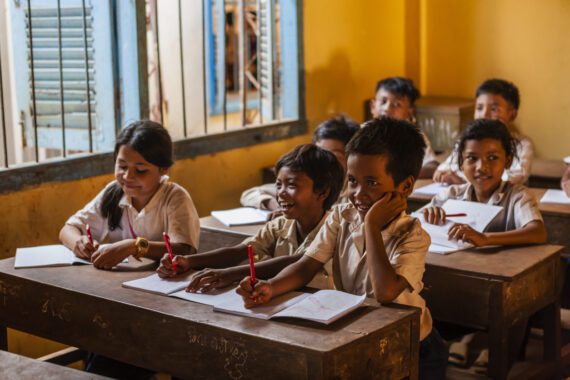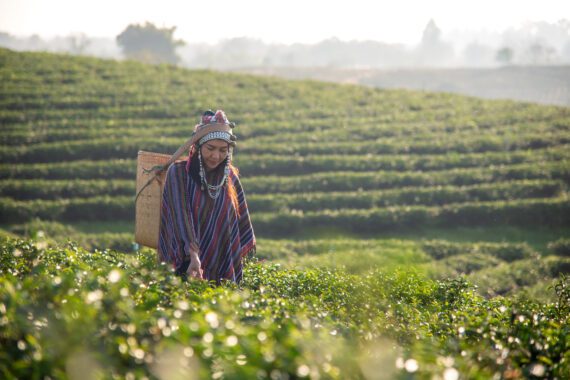By Aicha Abdoulaye
Clifford Tayong, a 59-year-old farmer from Cameroon’s troubled North-West region, recounted in an interview with the U.N. World Food Programme (WFP) that in 2021, members of the Cameroonian military accused him of aiding separatist fighters and burned his one-hectare (2.5-acre) farm, leaving him and his family destitute.
As Bread for the World has emphasized, hunger has been on the rise for the past several years, and a global hunger crisis continues unabated in 2024.
Although Cameroon, a lower-middle-income country, was not mentioned in the most recent Hunger Hotspots Outlook published by the World Food Programme (WFP) and the Food and Agriculture Organization (FAO), growing numbers of people in Cameroon face acute food insecurity.
Cameroon has been included as a food crisis area in the Global Report on Food Crises since its first edition in 2017. In that 2017 report, about 16 percent of households in Cameroon, or 3.9 million people, were food insecure, and of these, about 1 percent of households, or 211,000 people, were projected to confront severe food insecurity. As of 2023, 3 million people were affected by acute food insecurity—about 11 percent of the population.
Hunger in Cameroon is driven by several key factors: the arrival of an overwhelming number of refugees from neighboring countries, particularly Nigeria; the displacement of Cameroonians affected by conflict in other parts of the country; and climate shocks.
Boko Haram is an Islamist militant organization based in northeastern Nigeria. It was founded in the city of Maiduguri in 2002 by Mohammed Yusuf, a prominent Islamist cleric from Nigeria’s Borno state. Originating as a faction of the Salafi movement, a branch of Sunni Islam, the group’s primary objective is to establish a fundamentalist Islamic state governed by sharia law.
Boko Haram has significantly worsened hunger in Cameroon’s far northern region. Attacks within Cameroon forced 70 percent of farmers in the hardest-hit areas—including the local departments of Mayo-Sava, Mayo-Tsanaga, and Logone and Chari—to abandon their fields, creating a drastic reduction in agricultural production. The violence has also shut down local markets and disrupted the movement of goods and people, both of which also damage the local economy and reduce the availability of food.
The influx of Nigerian refugees who, without access to their own land, rely on host communities for food, has strained the available resources. Additionally, government-imposed curfews have limited the time farmers can work their land, further reducing output.
The conflict known as the Anglophone crisis began late in 2016, stemming from grievances over marginalization. It is now marked by ongoing violent clashes between government forces and separatists in the North-West and South-West regions, as well as severe human rights violations. It plays a significant role in exacerbating hunger by displacing farmers, destroying food supplies, and disrupting agricultural efforts in key food-producing regions. The conflict has forced many to abandon their lands, leading to reduced food production and increased prices. Additionally, the ongoing violence and insecurity has caused economic instability and unsafe conditions, which make it difficult for people to access markets and farmlands.
The combined effects of these factors and the presence of hundreds of thousands of internally displaced people have been severe disruptions of food security. A sizable portion of the population has been left acutely food insecure, and efforts by the government and humanitarian organizations to provide relief have been hindered.
Shocks due to extreme weather, particularly heavy rainfall and flooding driven by climate change, are another factor that significantly exacerbates hunger in Cameroon. The flooding accelerates soil erosion and leaching, diminishing soil fertility and thus agricultural productivity. Farmers face substantial challenges in maintaining crop yields, working harder for minimal returns. This, in turn, leads to higher food prices. Vulnerable populations, especially women, are disproportionately affected due to their limited and insecure access to land and resources. The recurring nature of these climate shocks, exemplified by the 2020 floods that caused 64 deaths and displaced 160,000 people, further worsens the situation. These disruptions undermine years of efforts to strengthen agriculture, straining the sector and deepening food insecurity.
Cameroon is grappling with severe food insecurity, exacerbated by internal conflicts, external insurgencies, and climate shocks. Violence has left millions of Cameroonians, like farmer Clifford Tayong and his family, destitute. To respond to the problem, two approaches are needed: humanitarian assistance must be scaled up to provide immediate relief, while investment in sustainable agriculture and infrastructure is crucial for long-term food security.
Resolving underlying conflicts, particularly the Anglophone crisis and the Boko Haram insurgency, is essential. Enhancing market access and implementing climate change mitigation and adaptation strategies are important responses as well. Bread advocates for global policies and programs to reduce hunger, emphasizing the need for both immediate aid and long-term development to build resilient communities.
Aicha Abdoulaye is a climate-hunger intern, Policy and Research Institute, with Bread for the World.



